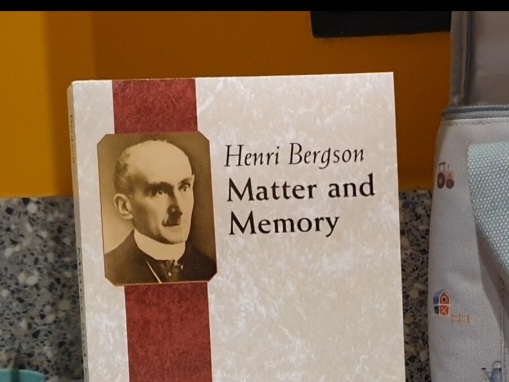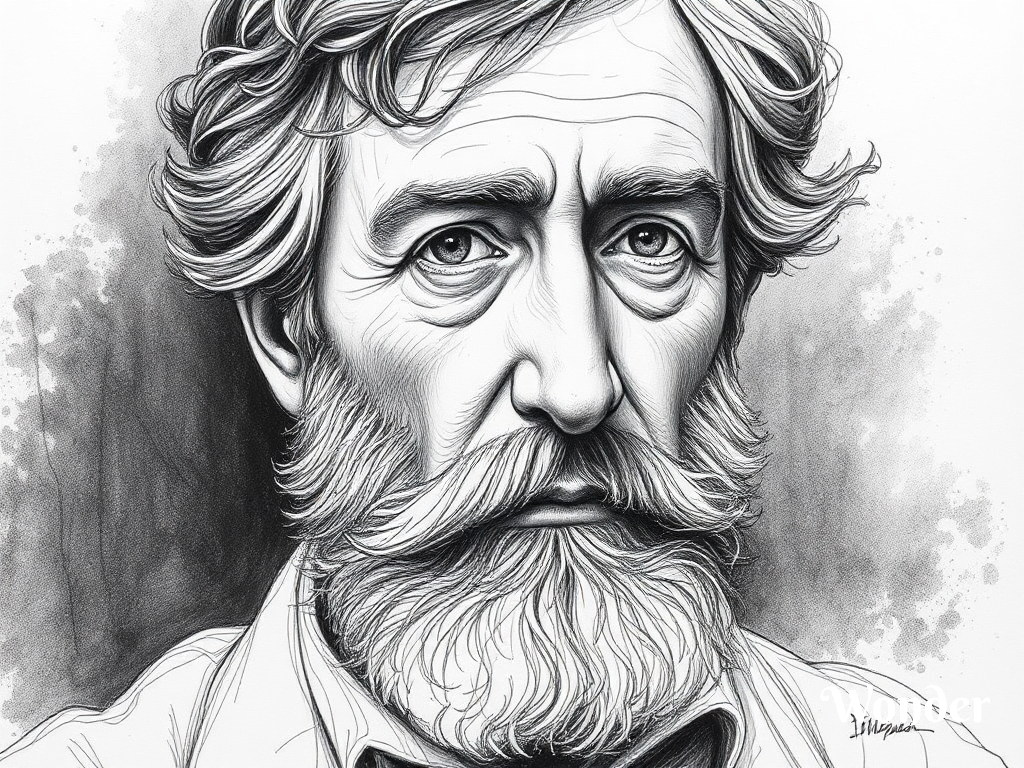Henri Bergson, a French philosopher born in 1859, emerged as one of the most celebrated intellectual figures of the late 19th and early 20th centuries. His profound influence on philosophy, literature, and the arts earned him a status akin to that of a superstar in his era. But what exactly about Bergson’s work and persona captured the imagination of his contemporaries and secured his place in the intellectual pantheon?
At the heart of Bergson’s appeal were his revolutionary ideas. He challenged the prevailing mechanistic view of time and reality with his concept of “duration” (la durée), which emphasized time as a continuous, qualitative flow rather than a series of discrete, quantitative units. This perspective resonated with a society grappling with the rapid changes brought on by industrialization and scientific advancement, offering a refreshing alternative to deterministic views.
Influence on Literature and Art
Bergson’s philosophies transcended the realm of academic discourse and seeped into the arts, influencing writers, poets, and painters. His ideas about intuition and creative evolution inspired figures such as Marcel Proust, who wove Bergsonian concepts into his literary work. The emphasis on intuition and creativity also resonated with the burgeoning modernist movement, which sought to break away from traditional forms and explore new expressions of human experience.
Charismatic Personality
Bergson’s charisma and eloquence played a significant role in his superstar status. His lectures at the Collège de France attracted large audiences, including not just students and academics but also the general public eager to grasp his insights. His ability to articulate complex ideas in an accessible and engaging manner made him a popular figure beyond the confines of academia.
Intellectual Recognition
Bergson’s contributions to philosophy were formally recognized when he was awarded the Nobel Prize in Literature in 1927. This accolade was a testament to the interdisciplinary impact of his work and further cemented his reputation as a leading intellectual of his time. The Nobel Prize highlighted his influence not only in philosophical circles but also in the broader cultural and intellectual landscape.
Engagement with Temporary Issues
Bergson was not an ivory tower philosopher; he actively engaged with the pressing issues of his day. His involvement in debates surrounding the relationship between science and religion, free will, and the nature of consciousness demonstrated his commitment to addressing contemporary concerns. This engagement made his work relevant and resonant with a wide audience.
Global Impact
Bergson’s influence was not confined to France. His works were translated into multiple languages, and he gained an international following. His ideas were discussed and debated in intellectual circles across Europe and North America, contributing to his global superstar status.
Conclusion
Henri Bergson was heralded as a superstar in his day due to a combination of his groundbreaking ideas, charismatic personality, and ability to engage with a wide range of intellectual and cultural issues. His impact on philosophy, literature, and the arts, as well as his ability to captivate audiences with his thought-provoking concepts, secured his place as a towering figure in the history of ideas.





